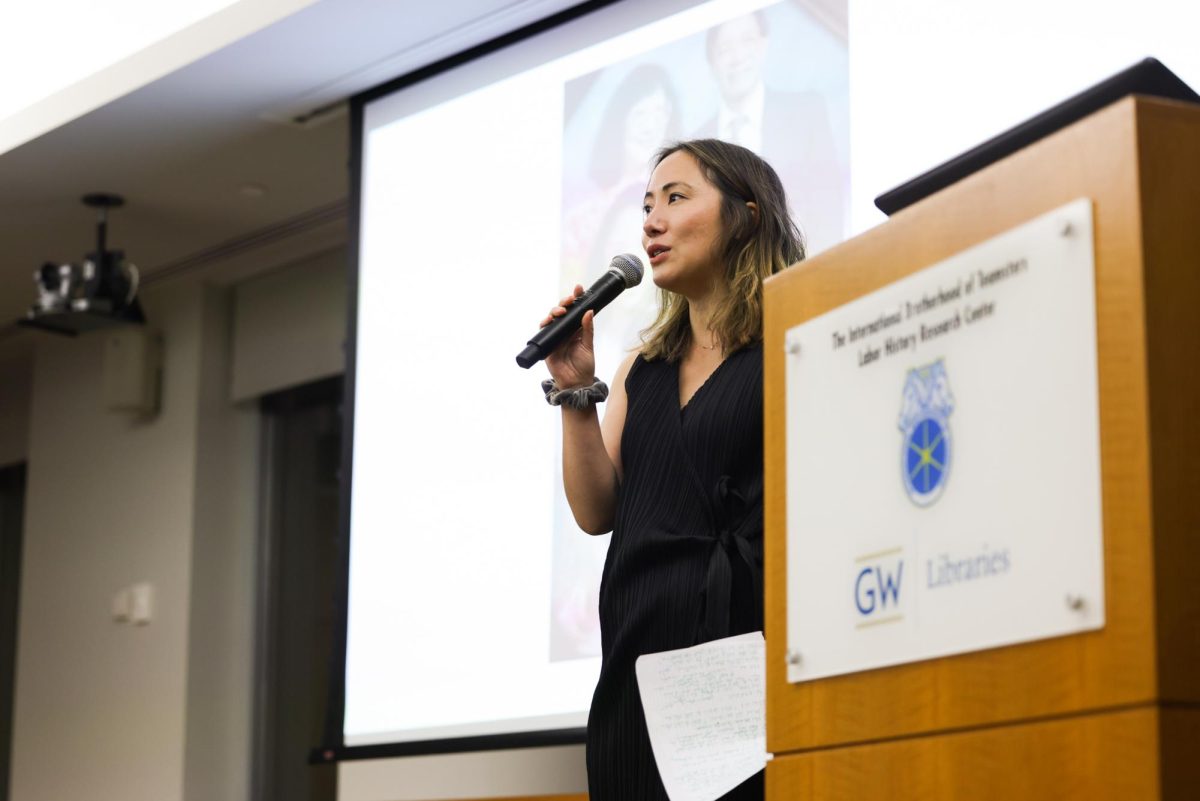Twenty-six students have set out on a mission to promote inclusion and diversity through a grant-issuing nonprofit: the Inversity Foundation.
The students created the Inversity Foundation this semester as part of a required capstone seminar for junior and senior students majoring in human services and social justice. The class, which Dean of Student Affairs Peter Konwerski teaches each spring, requires students to create a nonprofit over the course of the semester.
Students in the course must pick an area of interest and form a plan to create a nonprofit which will give out grants to D.C. charities. Past examples include distributing grants to boost education for at-risk public school students and the promotion of literacy in a D.C. youth detention center.
Katie Alston, a member of the class, said they focused on diversity because of the recent national conversation about civil rights.
“Since we have people like Donald Trump who are running for office, diversity and inclusion are very important in everyday life,” Alston said. “A lot of people don’t get the benefit of the doubt.”
The students have $7,500 to distribute this year, thanks to a donation from the Learning by Giving Foundation. In addition to these funds, the Inversity Foundation plans on raising up to an extra $2,500.
The capstone seminar is designed to provide students with real-world experience in their field before they graduate. The students are required to handle every aspect of running a nonprofit, from coming up with their own mission statement and objectives to evaluating complex grant proposals and distributing funds to the most appropriate organizations.
“All of us as a class have a part we each play,” Alston said. “We’re all kind of in our own little section, but we’re working as this giant machine to work toward making the best decision on who we feel best celebrates ‘inversity.’”
Applicants are required to submit their own organizational objectives, a specific project for which they require funding and include financial information like annual budgets, sources of revenue and information on their tax-exemption status.
The application is due on April 1 and anyone in the D.C. metropolitan area can apply, although many GW student organizations will be ineligible due to their lack of a tax-exempt designation. The foundation will award grants ranging from $2,500 to $10,000 by the end of the semester.
Senior Travis McCown, who is on the board of the foundation, said the experiential class was one of the main reasons he chose to major in human services and social justice.
“The power and ability to give such an important sum of money to a nonprofit that is doing such good, at our discretion, in a group of my peers, to have that is such a unique experience,” McCown said. “The next time in my professional career that I might be able to do something like this in 10, 15, 20 years down the road.”
The Inversity Foundation started accepting applications on Wednesday, but the students are not waiting for word to spread on its own. Many classes in the human services and social justice major require students to fulfill a certain number of volunteer hours per semester, so most have connections to charitable organizations in the D.C. area, such as Miriam’s Kitchen and Access Youth.
“Just today in class, we all contacted our networks of nonprofits we worked with in the past,” McCown said. “So grant applications are going to come in from organizations that we are familiar with, but we are not looking to give it to anyone in particular.”





